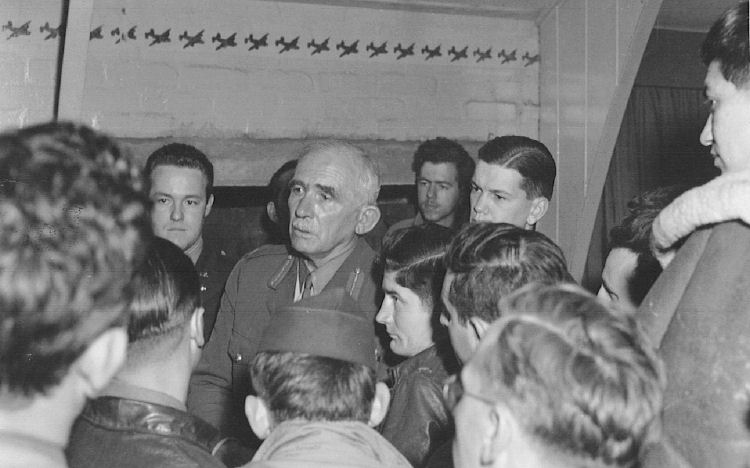I don't think I'll ever be able to not think about KR when a timeline has Mosley still a left-winger.Kaiserreich'd.
So, when does Canada crown George VI to lead the liberation of the homeland?
I don't think I'll ever be able to not think about KR when a timeline has Mosley still a left-winger.Kaiserreich'd.
I don't think I'll ever be able to not think about KR when a timeline has Mosley still a left-winger.
So, when does Canada crown George VI to lead the liberation of the homeland?
You're making me feel nostalgic now. I first played it back when it was for HoI2 Doomsday. It feels like the lore was so undevelopped back then. It's also really nice that the KR4 devs are taking the time to improve the lore as well.I absolutely adore Kaiserreich. I've followed it ever since it emerged from All the Russias as a mod and through its different incarnations (although I don't own HOI4 yet). I'd love to do a timeline based on it, at some point, although I don't know how exactly.
Really, though, we're not going to see anything like the Canadian Invasion in this timeline. Britain has to suffer its own problems through and through.

Now, now there are other options. Britain was a net importer of food so a starvation blockade is possible; a sustained bombardment by aircraft based in Europe, Iceland or Ireland to flatten/burn British cities; additional support for anti-government elements to create a proper uncivil war; use of chemical or biological agents.Will it end this end in nuclear fire, or Downfall?

Does the UK have any remaining capacity to strike at core areas of the US with CBW?Chemical or biological weapons wouldbe likely to recieve a response in kind so that might be too far.
It'd depend on the outflow of scientists from alt-Germany without the anti-Jewish purges. Maybe they went to the US, maybe they stayed home. Perhaps the US, USSR and Germany cooperated.The Manhatton project did recieve some time saving help from the Tizard mission OTL. Potentially this could be replaced with similar scientific input from Germany or Russia ITTL.
Well there was a lot of scope in the Manhattan Project for additional delays, but also scope for a faster project (by about 6-12 months) if the delays after Pearl Harbour didn't occur.Worst case I suspect is a year's delay in instant sunshine unless the British continued with Tube Alloys which could be ready if enough fissile material was collected before the war effort went south? A nuclear depth charge in the channel could be interesting given how shallow it is in places.
On that note, where would the Okinawa be?So, Iceland was TTL's Midway?
On that note, where would the Okinawa be?
Perhaps, but why go there? Their fight is with Britain, Gibraltar locks down the Med yes, but isn't affecting the war effort any, I imagine.Someplace that would convince the US that an actual invasion would be too bloody to contemplate?
Gibraltar?
Perhaps, but why go there? Their fight is with Britain, Gibraltar locks down the Med yes, but isn't affecting the war effort any, I imagine.
Channel Islands? Iceland?Someplace that would convince the US that an actual invasion would be too bloody to contemplate?
Gibraltar?
